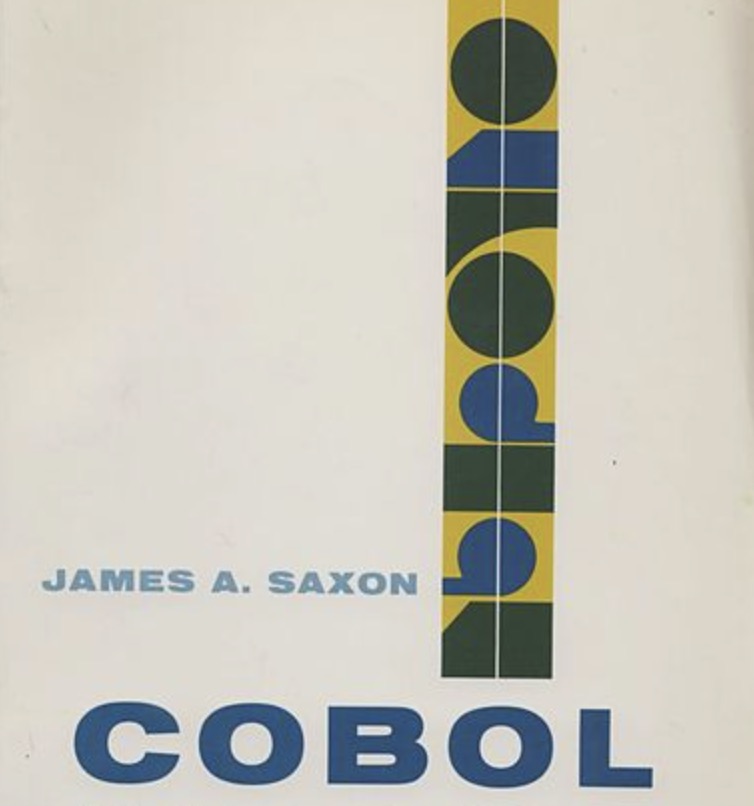Author: sdwfeed
-

BASIC: The Language That Brought Programming to the Masses
BASIC (Beginner’s All-purpose Symbolic Instruction Code) was created in 1964 by John G. Kemeny and Thomas E. Kurtz at Dartmouth College. The primary motivation behind BASIC was to provide a simple and accessible programming language for students and non-experts, enabling them to learn programming and solve problems without requiring advanced technical knowledge. Background and Motivation…
-

ALGOL and Its Role in the Foundations of Structured Programming
ALGOL (short for “Algorithmic Language”) was developed in the late 1950s and early 1960s by a committee of European and American computer scientists. The primary aim was to create a universal language for expressing algorithms in a way that was independent of specific hardware. It was intended to improve the communication of algorithms and facilitate…
-

COBOL: The Language That Defined Business Computing
The History of COBOL: From Concept to Legacy COBOL (Common Business-Oriented Language) stands as one of the most significant programming languages in the history of business computing. Developed in the late 1950s and early 1960s, COBOL was created to address a crucial need for standardization in business data processing. This article explores the origins of…
-

Lisp: The Birth of a Revolutionary Programming Language
In the ever-evolving landscape of programming languages, Lisp stands out as one of the earliest and most influential languages. Developed in the late 1950s, Lisp introduced concepts that have profoundly shaped programming paradigms, particularly in the realm of artificial intelligence and symbolic computation. Let’s dig into the origins of Lisp, its groundbreaking features, and its…
-

Fortran. The Beginning Of Scientific Computing
Fortran, short for “Formula Translation,” is one of the earliest high-level programming languages. It was developed in the 1950s by IBM to facilitate scientific and engineering calculations. In the early 1950s, scientific and engineering calculations were performed using machine code or assembly language, which was cumbersome and error-prone. There was a need for a more…
